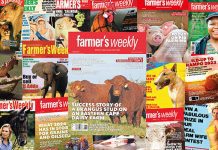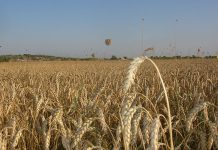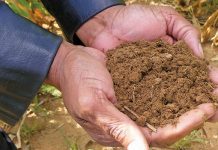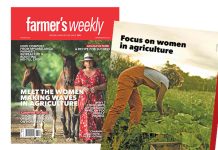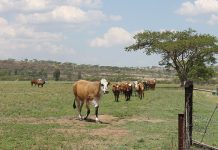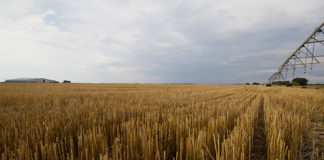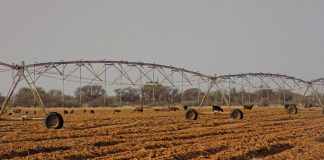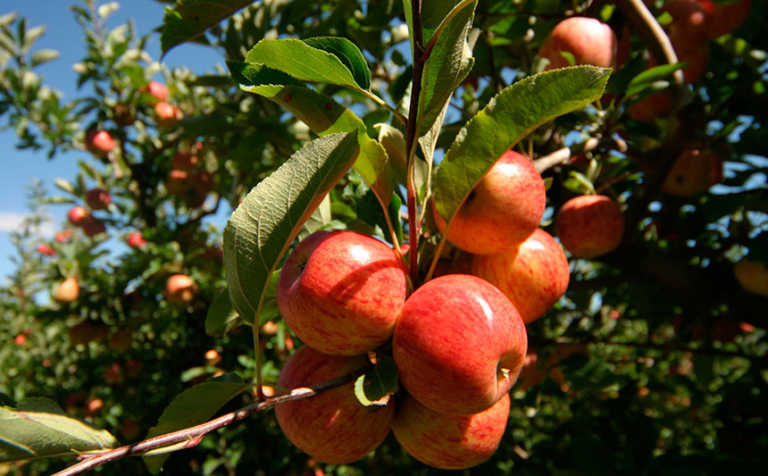
My memories of youth include spending entire days climbing trees, hunting for earthworms to use as bait when fishing in the farm dam, getting tongue lashings on a daily basis from my mother and ugogo for getting my feet and clothes impossibly muddy, eating fruit fresh from the tree while still warm from the sun, catching crabs in the shallow canals, coaxing out the bats that hid deep inside banana leaves during the day, and riding along on the tractor with my dad and Samual the driver.
One of the discussion points raised by panellists at the recent African Farmers’ Association of South Africa Youth Conference in Johannesburg was that many young black farmers were at a disadvantage compared with young white farmers, because, more often than not, the white farmers grew up on the farm, learning about farming from a very young age, while the black farmers came to farming with no prior practical knowledge. This got me thinking about the lessons one learns growing up on a farm.
It’s not to say that children growing up in cities do not learn these lessons in some other way, but as a child growing up on a farm, I certainly learned to be innovative, patient, curious about the world, and to take calculated risks and entertain myself. As an added bonus, I also learnt a third South African language, which has subsequently suffered, unfortunately, due to not being used since leaving home 18 years ago.
Some of the greatest areas of innovation for me and my two sisters involved picking fruit and fishing. It is a universal truth that the most appealing fruit will always hang just out of reach, so, after waiting patiently for months for the fruit to ripen, we would begin constructing contraptions with which to carefully pick high-hanging mangos, guavas and litchis.
We also never seemed to have one whole fishing rod, but only pieces of various rods used over the years, and we spent double the amount of time assembling makeshift fishing rods than actually fishing.
On the rare occasions when patience paid off and we managed to catch something from the farm dam, we would eagerly examine the fins, the gills, and every other part of the fish, just as we would examine, I admit, sometimes cruelly, the various parts of locusts, butterflies, frogs, crabs and other creatures we could catch and handle without suffering too much harm.
I know that, when you’ve grown up, and have to earn a living off the land, things are no longer so carefree, but the joy of farm living more than makes up for the frustrations that come with farming in South Africa, doesn’t it?

